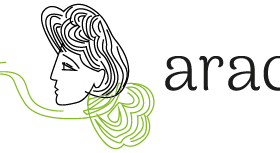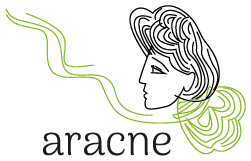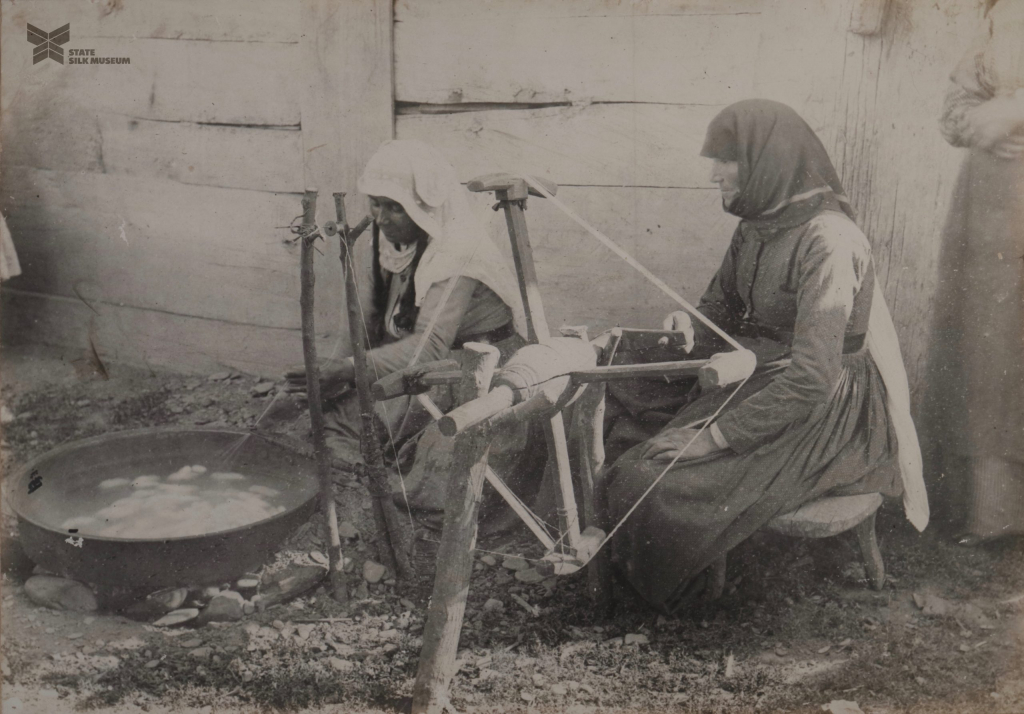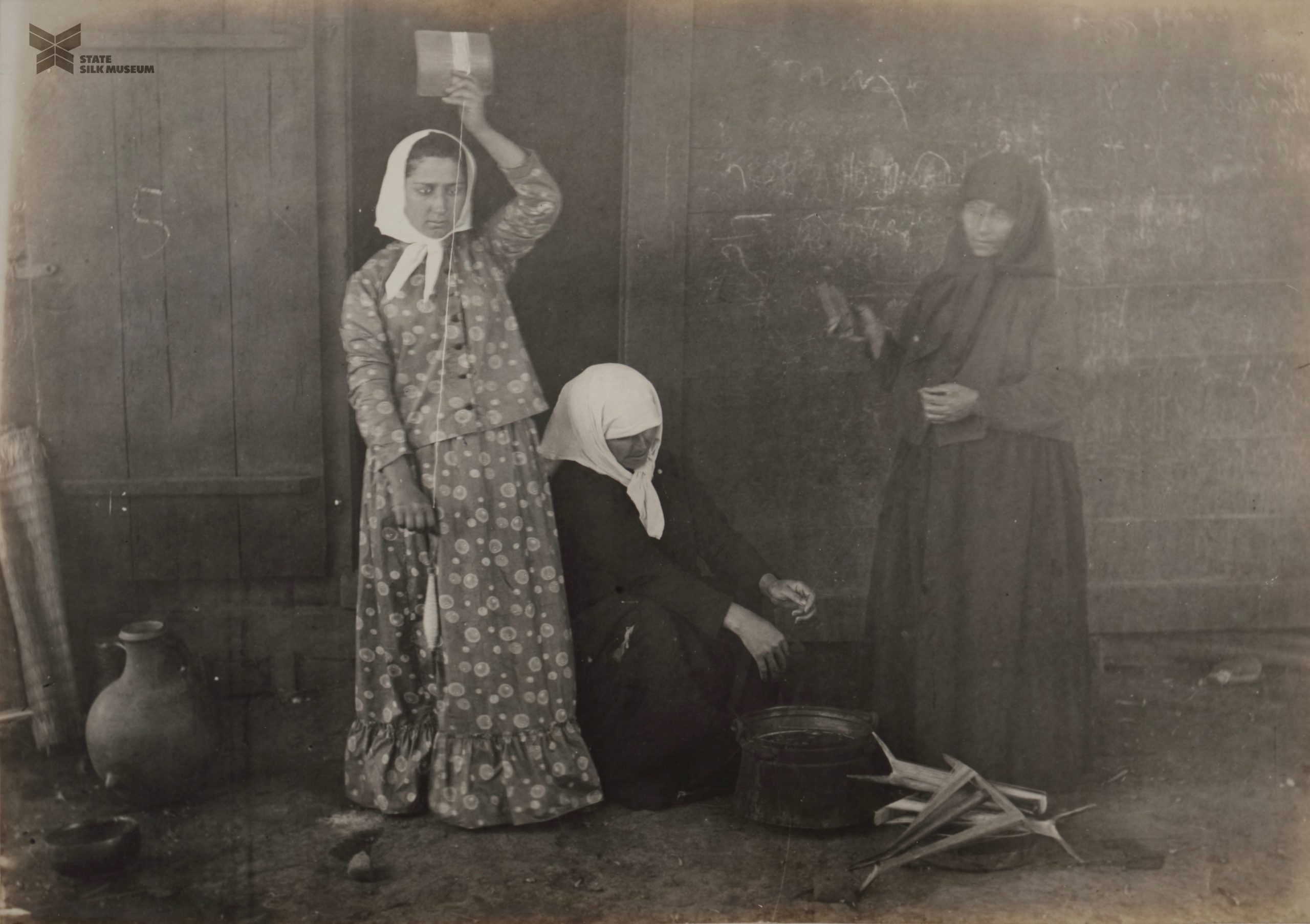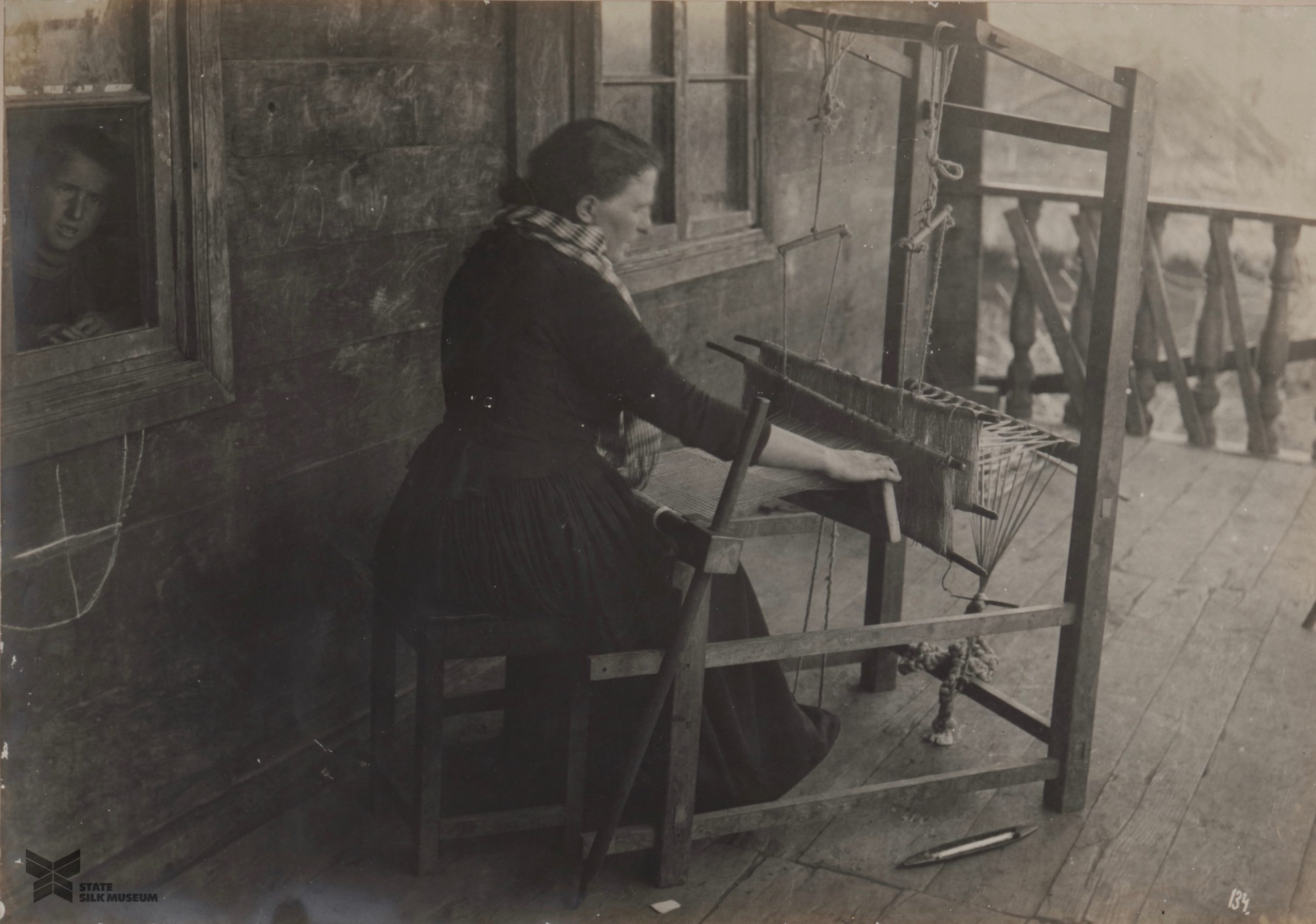TRADITIONAL KNOWLEDGE ON SILK GOOD PRACTICES’ EXPLOITATION FOR CULTURAL, CREATIVE INDUSTRIES AND TOURISTIC AIMS
“CULTUSERI” 2025
Tbilisi, Georgia
November 16th – 21st 2025
The Georgian State Silk Museum, Agriculture University of Georgia and Georgian Scientific – Research Centre for Agriculture are hosting the meeting in collaboration with the ARACNE Team and the Black, Caspian Seas and Central Asia Silk Association (BACSA).
The Silk Roads, historically significant as trade routes, have transcended their original purpose to become essential conduits for cultural exchange across Eurasia. These routes facilitated the sharing of knowledge, ideas, and beliefs, allowing cities along their paths to flourish as vibrant centres of learning and culture. This interaction among diverse populations led to profound influences on languages, religions, and cultures throughout the region. The legacy of the Silk Roads is still visible today, with numerous historic buildings and monuments reminding us of this interconnected past.
Currently, there is a renewed interest in silk production, especially in Europe’s Mediterranean, Balkan regions and Caucasus, which has prompted the Horizon Europe project ARACNE. This initiative aims to revive silk production and establish a resilient and innovative Silk Route that honours traditional practices while promoting cultural and architectural heritage. Central to ARACNE’s vision is the creation of a Silk Innovation Ecosystem – a collaborative network involving academia, industry, public organizations, and civil society. This ecosystem is designed to foster research, innovation, and knowledge sharing through a systemic and bottom-up approach.
A critical aspect of this ecosystem is the preservation of traditional silk knowledge, which faces threats due to declining global production driven by shifts in the textile industry. By collaborating with Cultural and Creative Industries, ARACNE seeks to valorise this knowledge in contemporary contexts, bridging the gap between ancient traditions and modern applications, particularly in cultural tourism. Cultural tourism serves as an effective platform for promoting the silk legacy, encouraging travellers to immerse themselves in local cultures, participate in events, visit museums, and savour local cuisine.
UNESCO has been actively engaged since 1988 in promoting the shared history of the Silk Roads through its Silk Roads Programme, which facilitates dialogues among participating countries. This initiative fosters mutual understanding of the diverse cultures along these historic routes. There exists an urgent need to enhance connections between the Asian and European segments of the Silk Roads, allowing for the exchange of best practices and exploration of cultural tourism opportunities.
Reflecting on the experiences of ARACNE and UNESCO reveals two initiatives with shared objectives in promoting culture and knowledge. ARACNE’s focus on collaborative networks offers valuable insights that can enhance UNESCO’s approach to valuing cultural heritage and identifying common practices, such as up-to-date methodologies and innovative technologies for information.
The Conference organizers would appreciate presenting contributions on the main Conference topic as well as country reports, science and technology papers in the field of silkworms, cocoon and silk production, pathology, breeding and bacology, using silkworm and mulberry for non-textile purposes, post-cocoon technologies, silk enterprise and trade.
Exhibition sessions will also be organized for equipment/tools and sericultural products.
